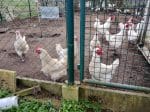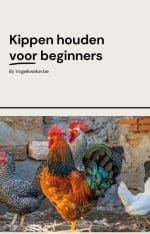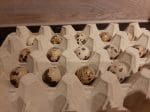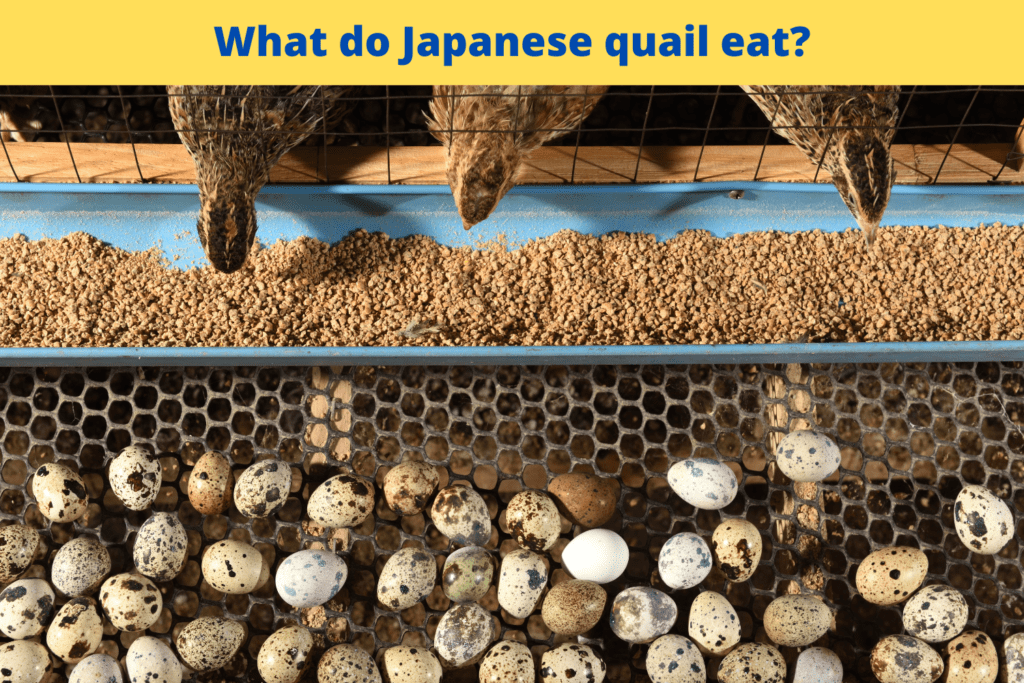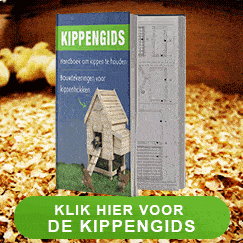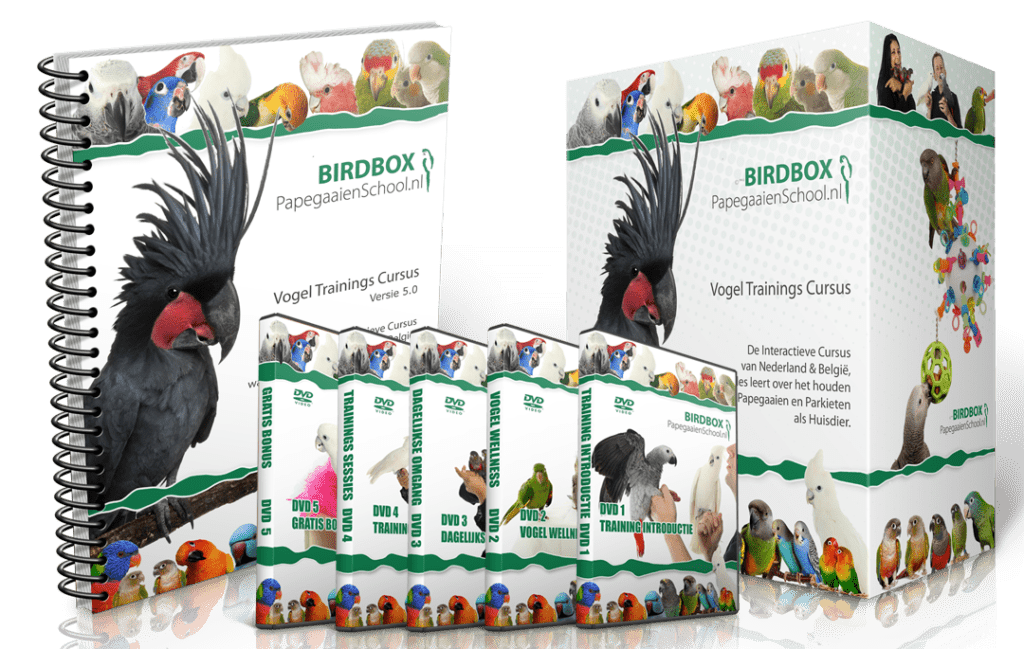Japanese quail are small but active birds that need a balanced diet to stay healthy and happy. They are omnivores and eat both plant and animal foods.
The diet of Japanese quail should consist of a high-quality food that is tailored to the nutritional needs of these birds. It is also important to provide occasional treats and proper nutritional supplements to ensure that your Japanese quail are getting all the nutrients they need.
In this blog, we will discuss what Japanese quail eat and how you can ensure that your birds get a healthy and balanced diet. We will also share some tips on giving treats and adding supplements to your Japanese quail’s diet.
What do Japanese quail eat in the wild?
Japanese quail, also known as Coturnix japonica, are small birds native to East Asia that follow a varied diet in the wild.
In their natural habitat, these quail feed mainly on seeds, grains, grasses, leaves, insects and small invertebrates such as worms and snails.
This balanced diet allows them to obtain essential nutrients for their growth, reproduction and survival. In addition to these food sources, Japanese quail also occasionally eat fruits and vegetables, providing additional vitamins and minerals that promote their overall health.
In general, Japanese quail are opportunistic eaters that adapt to the food sources available in their environment, allowing them to thrive in a variety of habitats.
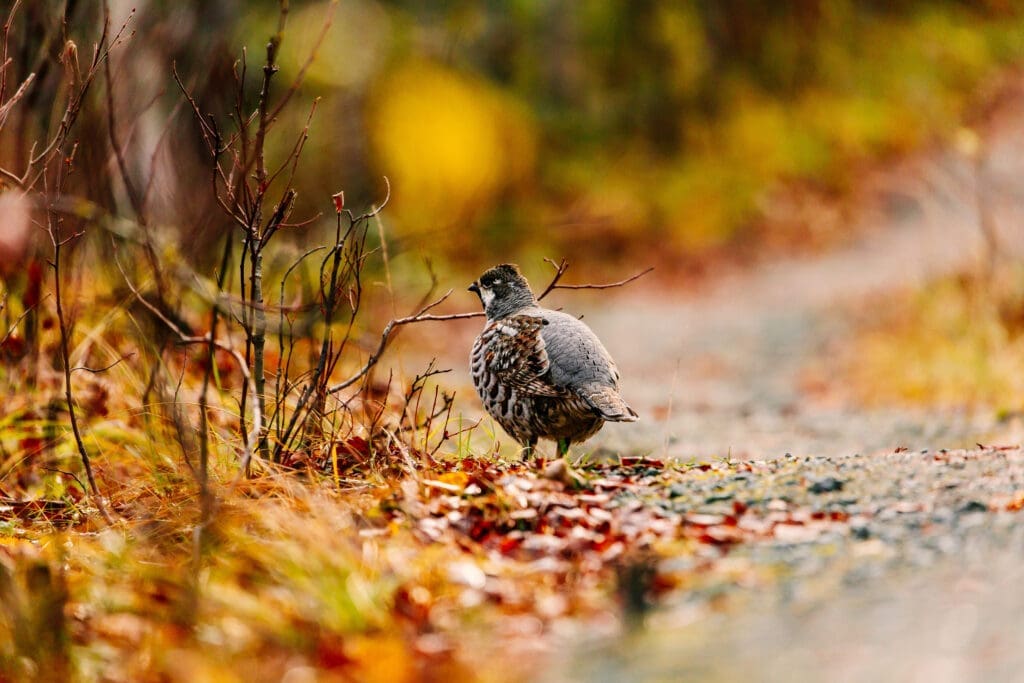
Different poultry, different food
Feed for Japanese quail, chickens and other poultry may vary considerably in both composition and nutritional value to meet the specific needs of each bird species.
Japanese quail feed is usually finer in texture and contains a higher percentage of protein, around 20-24%, to support quail’s rapid growth and development.
Chicken feed, on the other hand, usually contains a lower protein content, about 16-18%, depending on the age and production stage of the chickens. In addition, the feed pellets for chickens are coarser and larger compared to those for Japanese quail.
As for other poultry, such as ducks and turkeys, there are also specific nutritional needs that make their feed unique.
For example, duck foods contain more niacin (vitamin B3) to promote healthy growth in ducks, while turkey foods require even higher levels of protein, up to 28% for young turkeys.
It is crucial to choose the right food for each bird species, as an unbalanced diet can lead to health problems, reduced growth and low egg or meat production.
Relevant: How many eggs does a Japanese quail lay?
The differences between quail for eggs and for meat
There are differences between the nutritional requirements of Japanese quail kept for their eggs and those kept for their meat.
Quail kept for their eggs generally need a diet with more calcium, vitamin D and phosphorus to improve egg quality and ensure the birds’ bone health.
On the other hand, quail kept for their meat need a higher protein diet to support muscle growth and development. It is also important to note that the nutritional requirements of quail vary according to their age and stage of production.
For example, quail in the breeding stage have different nutritional needs than adult quail already laying eggs or being raised for meat.
Therefore, it is important to choose the right feed and nutrients appropriate to the quail’s life stage and purpose to ensure optimal production and health.
Commercial food for quail
There are several types of commercial food available for Japanese quail. These foods are specially designed to meet the specific nutritional needs of quail depending on their age, stage of production and purpose.
Commercial food for quail is usually available in pellet or pellet form. It contains a balanced blend of proteins, carbohydrates, fats, vitamins and minerals essential for the growth, development and overall health of birds.
Moreover, these foods are also enriched with additional nutrients, such as probiotics and prebiotics, to aid birds’ digestion and support their immune systems.
It is important to pay attention to feed composition, quality and consistency when choosing commercial quail feed. Proper nutrition can have a positive effect on egg and meat production, as well as overall bird health and longevity.
Format of the power supply
Japanese quail are known to be picky when it comes to the grain size of their food. To ensure that these birds get all the essential nutrients, it is important to provide feed with a uniform grain size.
This not only helps prevent selective eating behavior, but also ensures that quail receive a balanced and complete diet. A consistent size of feed, such as fine pellets or mini-pellets, is critical for both young and older quail.
Choosing a uniform grain size promotes the birds’ food intake and digestion as they can more easily consume and process the feed.
In addition, providing food with no grain size difference helps reduce the risk of food waste and improve the overall health and productivity of quail.
Nutrition plan for quail
The feed plan for proper growth is essential to ensuring the health and development of your quail. This handy “cheat sheet” provides an overview of nutritional needs at different ages and purposes.
During the first eight weeks, feed your quail a high-protein diet called the Starter diet to support growth and development.
Then, for meat- and egg-producing quail, you can switch to the Grower/Finisher feed, a specially formulated feed that can be given from six weeks of age.
For quail used as sport flying birds, there is Flight Formulas food, which can also be given from six weeks of age and is specifically formulated for their unique needs.
Finally, there is the Maintenance Feed, suitable for quail kept as pets or layers and can be given from 6-8 weeks of age. This feed may be referred to as game feed, show feed or maintenance feed and in some cases is specifically designed for egg quail.
By following this feeding plan, you will ensure that your quail are properly fed and supported to thrive and stay healthy.
Free choice in feed
Feeding times for quail are flexible and less strict than for some other bird species because they naturally eat until satiated.
This allows quail to thrive with a feed-free choice system, where they have 24/7 access to their feed. This approximates their natural eating behavior and allows quail to eat as needed, without the constraints of a fixed feeding schedule.
Giving quail continuous access to feed allows them to follow their own eating habits and provides them with the right amount of nutrients to ensure optimal health and growth.
This also helps reduce stress and contributes to a comfortable and healthy habitat for the birds. It is important to always have fresh, clean feed available to ensure that quail receive the best possible nutritional quality and to minimize food waste.
By offering a food-free choice, you can meet quail’s natural nutritional needs and provide them with the best possible care.
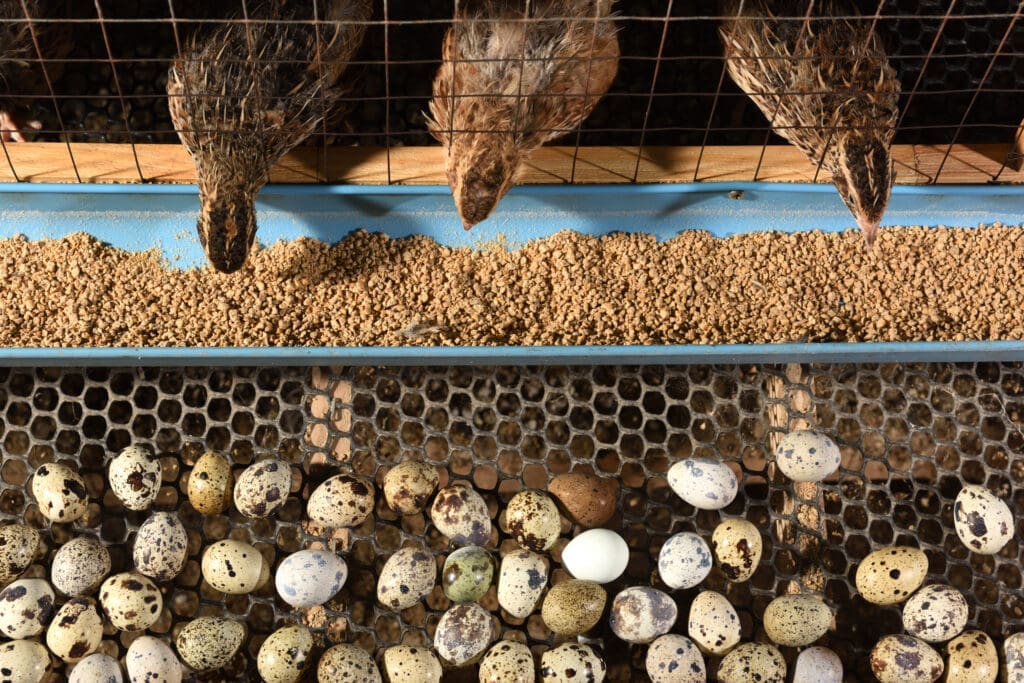
What else do they need as food?
A healthy diet is essential for the health and well-being of Japanese quail. Although a balanced diet of food and treats is important, these birds also have other nutritional needs.
Oyster shells, grit, clean water, vitamins and minerals are all important for the health of Japanese quail.
In this chapter, we will take a closer look at these important nutrients and explain why they are so important to the health and well-being of your birds.
Oyster Shells
Oyster shells are an important part of Japanese quail’s diet. These birds need calcium for skeletal development and maintenance, as well as for egg shell production.
Oyster shells provide a natural and readily available source of calcium and can be easily added to quail’s feed.
It is important to make sure the oyster shells are fine enough to be easily absorbed by the quails.
Adding oyster shells to their diet ensures that your Japanese quail are getting the right amount of calcium they need. This contributes to the healthy development and productivity of the birds, and also helps reduce the risk of broken eggs and bone problems.
In addition to oyster shells, Japanese quail also need a balanced and varied diet of protein-rich foods, such as specially formulated food for quail, as well as access to fresh water and grit to support their digestion.
Grit
Grit is an essential part of Japanese quail’s diet. Grit is a mixture of small stones and shells that help birds grind and digest their food.
Japanese quail do not have teeth, so it is important that they have grit to effectively digest their food. Grit also helps with nutrient absorption and improving birds’ digestion.
In addition, it can also help keep the birds busy and give them the opportunity to sharpen their beaks. Different types of grit are available, such as oyster shell grit, which also contains calcium, or grit designed specifically for quail.
It is important to make sure the grit is clean and fresh and always available in a separate feeder. By adding grit to their diet, you ensure that your Japanese quail receive the proper support for healthy and efficient digestion and food absorption.
Vitamins and minerals
In addition to protein, calcium and grit, Japanese quail also need a variety of vitamins and minerals to stay healthy and function properly.
Vitamin A, for example, is essential for good eye health and helps strengthen the immune system. Vitamin D is needed for calcium absorption and the development of strong bones and eggshells. Vitamin E is an antioxidant that helps protect birds’ cells and tissues.
Other important minerals include iron, zinc and copper, which are required for the development and function of many body tissues and enzymes.
To ensure that your Japanese quail are getting the right amount of vitamins and minerals, you can use specially formulated food for quail enriched with these nutrients.
You can also add fresh fruits and vegetables to their diet, such as carrots, squash, spinach and other leafy vegetables.
It is important to remember that giving too many vitamins and minerals can be detrimental to your quail’s health, so it is important to follow the recommended dosages and observe your birds to detect any signs of excessive intake.
Water
Clean and fresh water is critical to the health and well-being of Japanese quail. Water is essential for digestion, nutrient absorption and regulation of birds’ body temperature.
It is important to ensure that your quail’s drinking water is always clean and fresh. Contaminated water can contain harmful bacteria and pathogens that can affect the birds’ health and hinder their performance.
It is also important to ensure that your quail’s drinking bowls are cleaned and replaced regularly to prevent bacterial growth.
Using a water bottle is a good way to give your quail clean, fresh water and minimize the risk of contamination.
Also, make sure your quail always have access to water, especially during hot days when they need more water to stay hydrated.
By ensuring that your Japanese quail always have access to clean, fresh water, you ensure that they stay healthy and perform optimally.
Treats
Japanese quail are popular birds often kept as pets. To ensure that they stay healthy and happy, it is important to give them a varied diet consisting of different types of food.
In addition to their regular diet, treats can help diversify their diet and ensure they get all the nutrients they need.
Sprouted seeds, insects and vegetables are all healthy and nutritious treats you can give to your Japanese quail.
By giving these treats, you can ensure that your quail enjoy different flavors and textures and have a varied and nutritious diet.
Sprouted seeds
Sprouted seeds are a healthy and nutritious treat for Japanese quail. The germination process increases the nutritional value of seeds and makes them easier for birds to digest.
Sprouted seeds also contain enzymes that aid birds’ digestion and promote nutrient absorption.
By adding sprouted seeds to your Japanese quail’s diet, you can contribute to their health and well-being.
You can sprout various seeds, such as oats, buckwheat, quinoa, sunflower seeds and more.
Germinating seeds is easy and can be done at home by soaking the seeds and then letting them germinate in a humid environment. Once the seeds have germinated, they can be fed to your quail as a treat or as part of their regular diet.
It is important to remember that sprouted seeds should be given as a treat and not as a main part of your quail’s diet, as they do not contain all the nutrients the birds need to stay healthy.
Insects
Insects are a natural and nutritious treat for Japanese quail. In the wild, quail often eat insects as part of their diet, so adding insects to your quail’s diet can contribute to their health and well-being.
Insects are high in protein, vitamins and minerals essential for bird growth and development.
You can offer different types of insects as treats, such as mealworms, crickets and buffalo worms. These insects are readily available at pet stores and online stores and can be stored in a refrigerator or freezer until you want to feed them to your quail.
It is important to remember that insects should only be given as a treat and not as a main part of your quail’s diet, as they do not contain all the nutrients the birds need.
In addition, make sure the insects are free of pesticides and other harmful substances before feeding them to your quail.
By offering insects as treats, you can ensure that your Japanese quail get a varied and nutritious diet and can follow their natural instincts.
Vegetables
Vegetables are a healthy and nutritious treat for Japanese quail. Vegetables contain many vitamins, minerals and dietary fiber that contribute to the health and well-being of birds.
You can offer different kinds of vegetables as treats, such as broccoli, carrots, peppers and leafy vegetables. It is important to cut vegetables into small pieces before giving them to your quail so they can be eaten easily.
You can offer the vegetables as a treat by placing them on a tray or hanging them on a string in your quail’s cage.
It is important to remember that vegetables should be given as a treat and not as a main part of your quail’s diet because they do not contain all the nutrients the birds need.
In addition, make sure the vegetables are free of pesticides and other pests before feeding them to your quail.
By offering vegetables as a treat, you can ensure that your Japanese quail get a varied and nutritious diet and can enjoy different flavors and textures.

